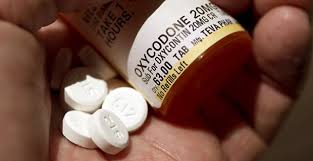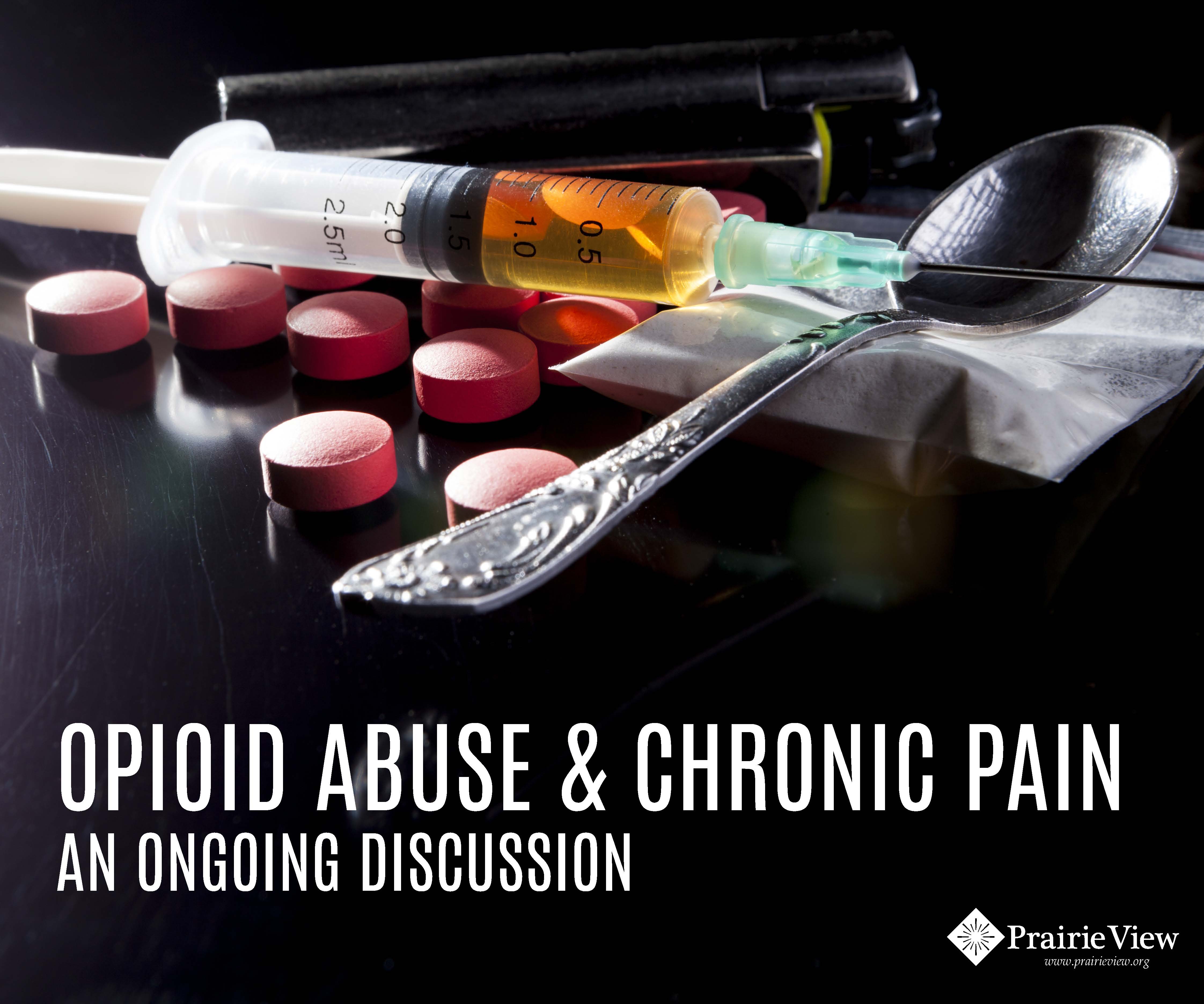Depression characteristics and obesity

Depression characteristics and obesity put together will not give you the desired body structure
Depression characteristics and obesity: Healthcare concerns in weight gain
The rate at which obesity and weight-related complications are growing is troubling the healthcare providers globally. Much as it is a health condition that can be avoided our lifestyle has betrayed us in putting the proper control to this health condition. Professionally doctor Dalal Akoury MD and President, of AWAREmed health and wellness resource center says that if you have a considerable high body mass index which is significantly more than what is considered healthy for your body height then you are probably increasing the risk of many serious health conditions in your body. alongside the depression characteristics of weight-related problems, the following are some of the health conditions associated with obesity and overweight may include:
- Hypertension
- Heart disease
- Stroke
- Type 2 diabetes
- Gallbladder disease
- Chronic fatigue
- Asthma
- Sleep apnea and
- Some forms of cancer.
For women, obesity can lead to problems in the reproductive system. And studies show that severe cases of obesity can reduce your life expectancy, particularly if you are a young adult. The causes of obesity are rarely limited to genetic factors, prolonged overeating or a sedentary lifestyle. What we do and don’t do often results from how we think and feel. For example, feelings of sadness, anxiety or stress often lead people to eat more than usual. Unless you act to address these emotions, however, these short-term coping strategies can lead to long-term problems.
Depression characteristics and obesity: Emotional interactions
In most cases obesity comes along side depression, when these two conditions are put together, they can influence and trigger each other resulting to further complications. Although women are slightly more at risk for having an unhealthy BMI than men, they are much more vulnerable to the obesity-depression cycle. In one study, obesity in women was associated with a 37 percent increase in major depression. There is also a strong relationship between women with a high BMI and more frequent thoughts of suicide.
Depression is very dangerous because in many cases it results in stressful life, and when stress is allowed in one’s life, it may bring alterations in your social life and feeding habits. Many people who have difficulty recovering from sudden or emotionally draining events (like the demise of a loved one, relationship difficulties, losing a job or facing a serious medical problem) unknowingly begin eating too much food (normally junk food) and forget about engagement in physical activities. With this kind of change of habit, it becomes very difficult to change the new trend and more weight is gained and eventually, obesity settles in.
Binge eating, a behavior associated with both obesity and other conditions such as anorexia nervosa, is also a symptom of depression. In a recent study of obese people with binge eating problems it was established that about 51% of the participant in the study had a history of major depression and yet in another study it was evident that obese women with binge eating disorder but who had suffered bullying and discrimination about their body size developed body dissatisfaction and depression. These are serious ingredients that impact badly on your health and that is why you need to consult with the experts at AWAREmed health center today for professional assistance.
Depression characteristics and obesity: Healthcare concerns in weight gain
http://www.integrativeaddictionconference.com/wp-admin









